Publications
Articles, publications, books, tools and multimedia features from the U.S. Institute of Peace provide the latest news, analysis, research findings, practitioner guides and reports, all related to the conflict zones and issues that are at the center of the Institute’s work to prevent and reduce violent conflict.
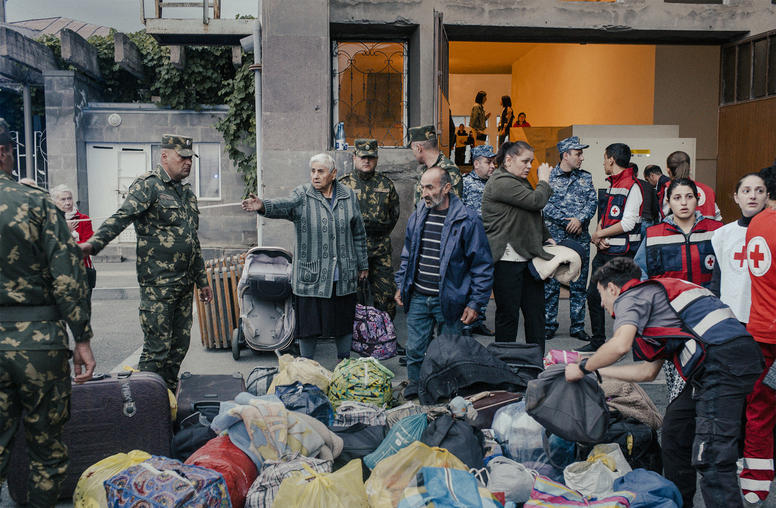
The Nagorno-Karabakh Imperative: Protect Civilians, Revive Diplomacy
The long conflict over Nagorno-Karabakh this month recaptures global attention the only way it ever has: through new bloodshed. Azerbaijan’s swift seizure of the ethnic Armenian enclave has ignited a humanitarian crisis. Most of the territory’s 120,000 residents are fleeing to Armenia, raising the specter of ethnic cleansing. The international community must urgently secure safety for civilians, long the primary victims of this war.
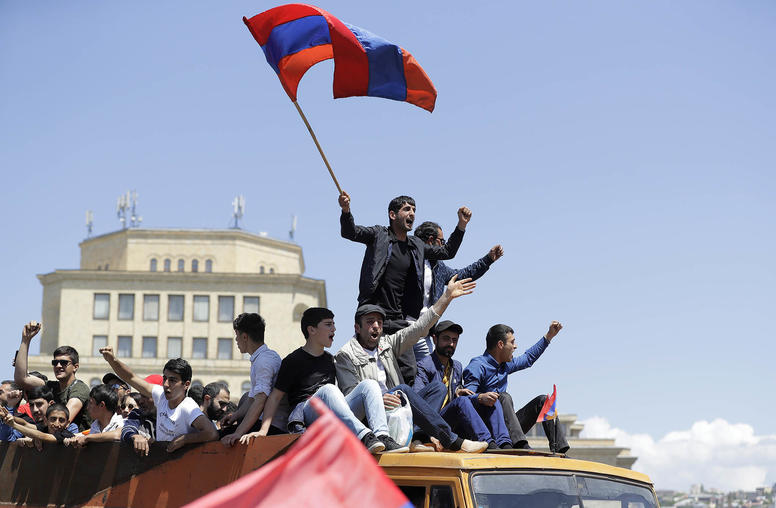
Overcoming the Challenges of Transitional Mobilization
Nonviolent action can be a powerful way to bring about peaceful transitions from autocratic rule to democracy. But even when initially successful, movement leaders often face significant challenges, from frustrations that grievances are not addressed quickly enough to counterrevolutions aimed at restoring the authoritarian status quo. This report examines two recent transitions—the 2011 Jasmine Revolution in Tunisia and Armenia’s 2018 Velvet Revolution—and presents recommendations for improving the likelihood that change initiated through nonviolent action leads to robust and lasting democracy.
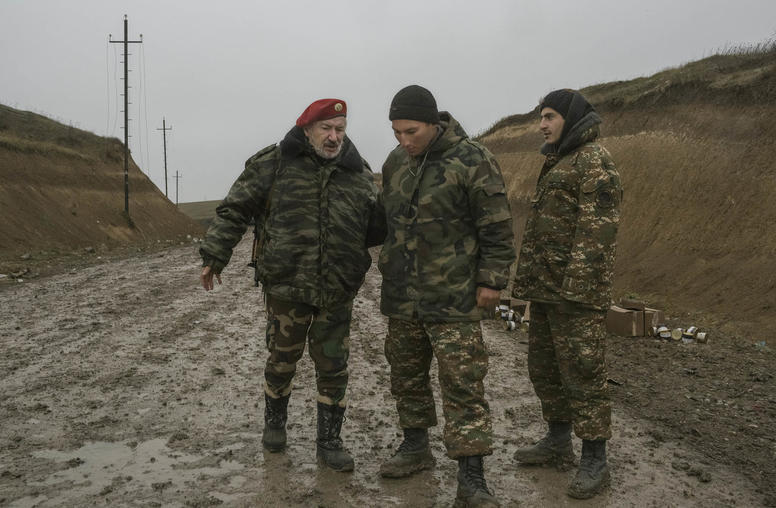
Amid Ukraine War, Armenia and Azerbaijan Fighting Risks Broader Conflict
Armenia and Azerbaijan reported nearly 100 combined deaths Tuesday, in the latest flare-up of violence between the two South Caucasus countries. For decades, tensions have simmered over the disputed Nagorno-Karabakh region, which is controlled by ethnic Armenians and claims independence but is internationally recognized as Azerbaijan’s territory. There are fears that these tensions could boil over into a larger conflagration, like the 2020 Armenia-Azerbaijan war that resulted in over 1,000 casualties. In 2020, Russian President Vladimir Putin negotiated a cease-fire to end the fighting. Today, with Russia bogged down in Ukraine, it is unclear if the Russian leader will be able to achieve a similar result, as regional stability hangs in the balance.
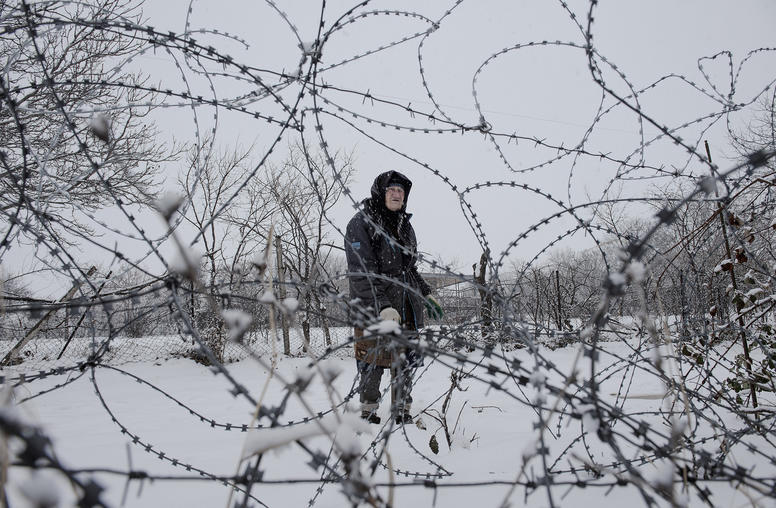
Russia’s Ukraine War Could Offer Chance to Resolve South Caucasus Conflicts
Since Russia’s invasion of Ukraine, the world’s attention has been justly focused on the war and the devastation inflicted on Ukrainian civilians. However, as the war drags on — and becomes ever more costly to Russia — policymakers in the United States and Europe must pay increasing attention to other areas where the diminution of Russia’s military reputation may upset local balances of power.
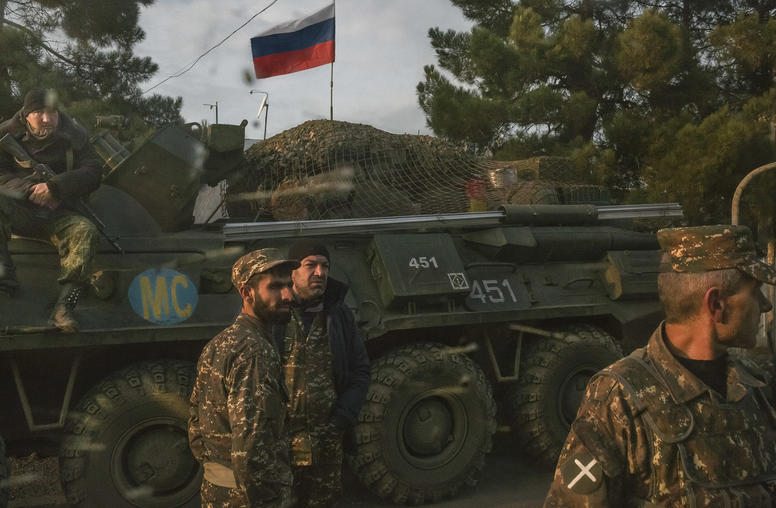
Armenia, Azerbaijan and Georgia’s Balancing Act Over Russia’s War in Ukraine
Since Russia’s invasion of Ukraine, Armenia, Azerbaijan and Georgia have tried in different ways to balance the need for good relations with Moscow with a desire to support Ukrainian territorial integrity and sovereignty. Each has reason to be cautious: Moscow has exploited ongoing conflicts in all three countries to dominate its self-defined sphere of vital interests. While these conflicts persist, Moscow will maintain significant leverage over Yerevan, Baku and Tbilisi. Working with them to resolve these conflicts and preserve their sovereignty should be a priority for the United States and Europe.
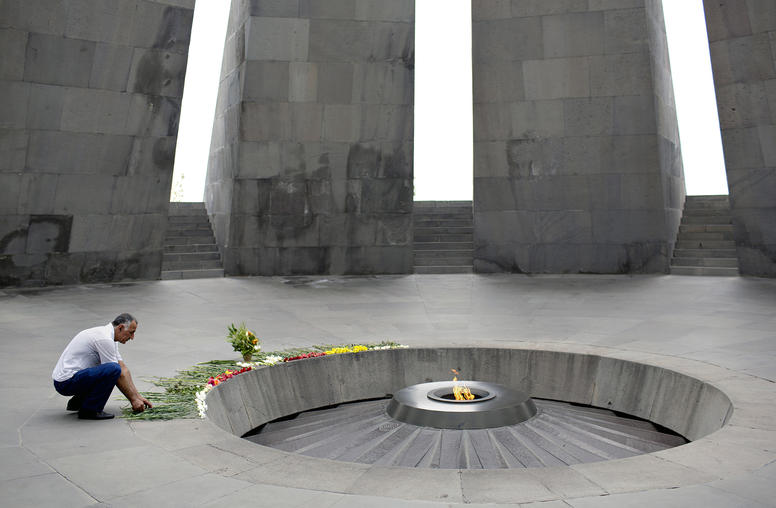
Why Biden’s Recognition of the Armenian Genocide Is Significant
On April 24, U.S. President Joseph R. Biden, Jr. recognized the 1915 mass killing and deportation of an estimated one million Armenians in Turkey as genocide. Through a press statement issued on Armenian Genocide Remembrance Day, the president righted a historical wrong — failure by past U.S. presidents to recognize the crimes perpetrated against the Armenians as a genocide — and underscored the U.S. commitment to preventing future instances of genocide and mass atrocities.

Ann Phillips on Azerbaijan-Armenia Conflict
As fighting over Nagorno-Karabakh continues to escalate, USIP’s Ann Phillips breaks down the complex geopolitical stakes that have sprung up around the conflict, which “has been simmering, and ebbing and flowing, ever since the implosion of the Soviet Union.”
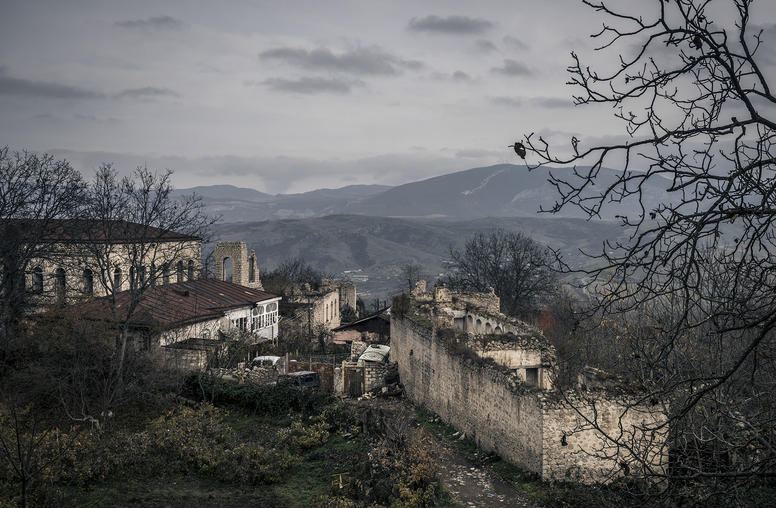
A Fire in the Garden: Can We End the Nagorno-Karabakh War?
Amid the world’s profusion of wars, COVID crisis and turbulent U.S. elections, a reader could overlook the century’s worst eruption of bloodshed between Armenia and Azerbaijan. But the revival this week of war in the Caucasus region should galvanize policymakers in Washington, Europe and Moscow to lean in hard and resurrect vigorous peacemaking for the first time in recent memory. While it’s unclear whether a full resolution can be achieved in any near future, this week’s fighting signals the risk of neglect: a dangerous, wider war.
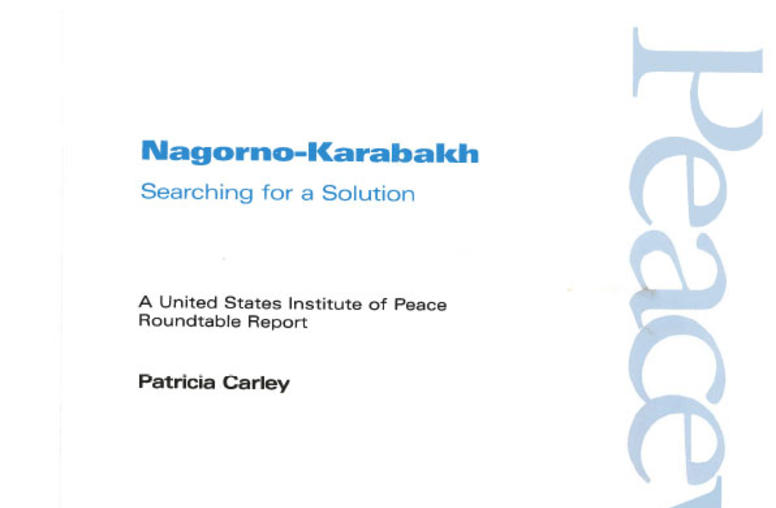
Nagorno-Karabakh: Searching for a Solution
Although it has long since fallen out of the headlines, the conflict over the territory of Nagorno-Karabakh appears no closer to resolution than when the worst of the fighting ended six years ago. Hotly disputed between Armenians and Azeris, this tiny, barren area in the southern Caucasus region of the former Soviet Union has been the scene of some bitter fighting; though the military clashes have largely ceased, the political battles are as high-pitched as ever.
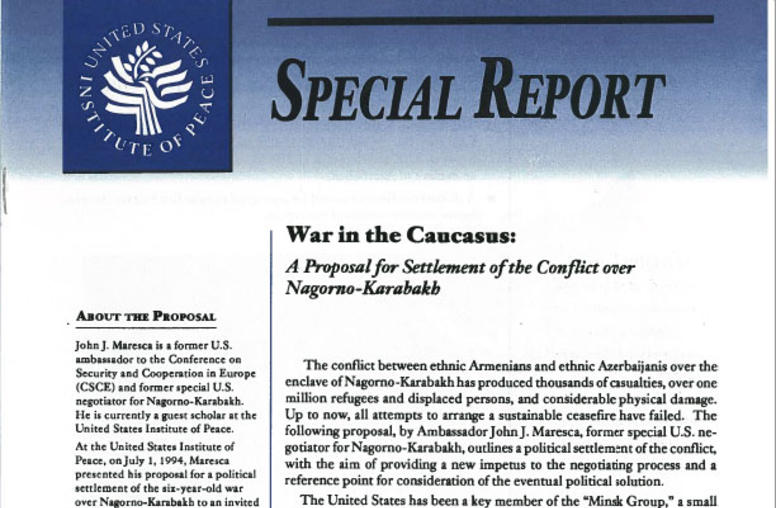
War in the Caucasus: A Proposal for Settlement of the Conflict over Nagorno-Karabakh
The conflict between ethnic Armenians and ethnic Azerbaijanis over the enclave of Nagorno-Karabakh has produced thousands of casualties, over one million refugees and displaced persons, and considerable physical damage. Up to now, all attempts to arrange a sustainable ceasefire have failed. The following proposal, by Ambassador John J. Maresca, former special U.S. negotiator for Nagorno-Karabakh, outlines a political settlement of the conflict, with the aim of providing a new impetus to the n...